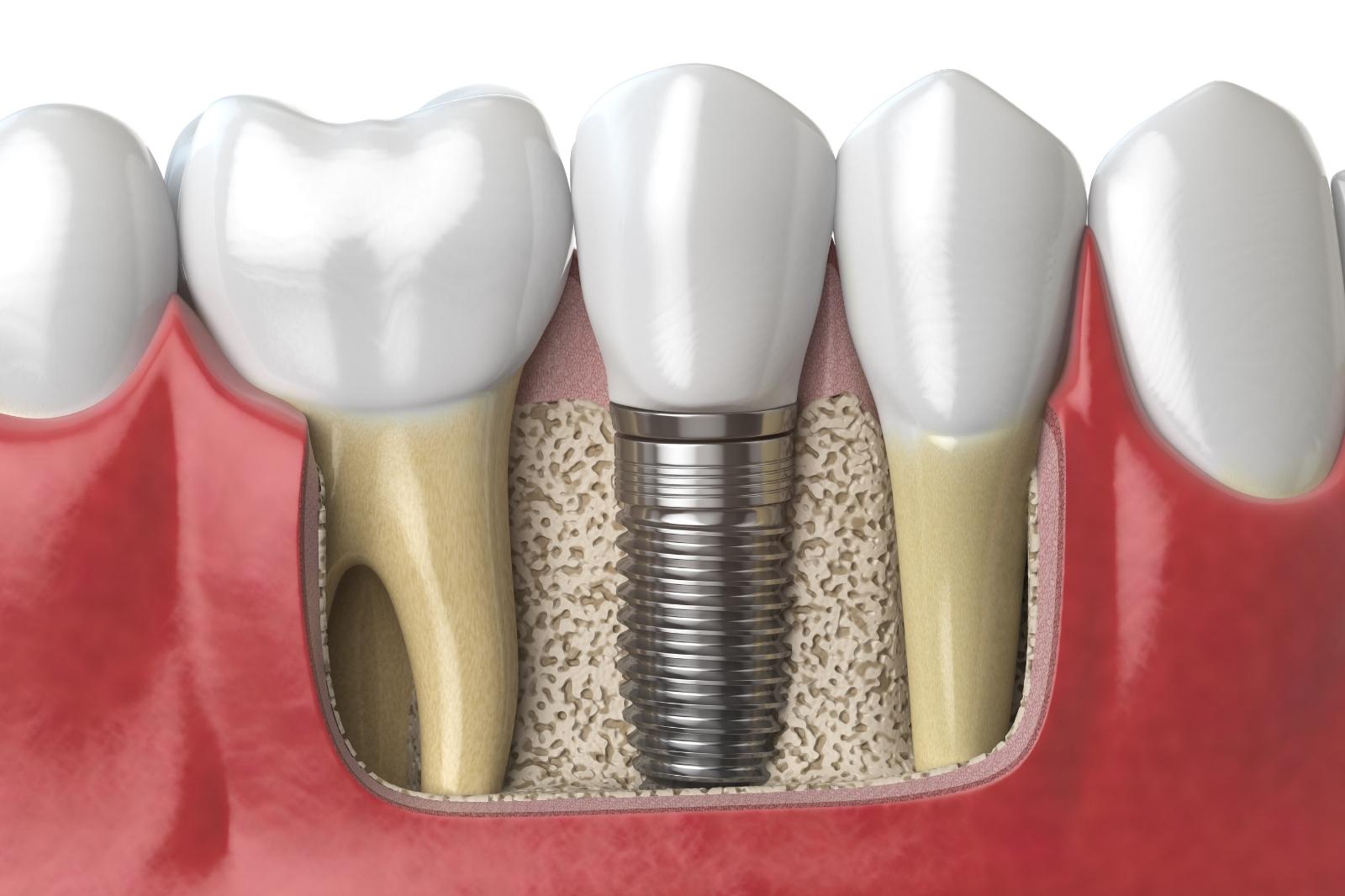1. Preparation for Your Dental Implant Surgery
It is essential to take good care of your oral health before your dental implant surgery. Your dentist will perform a thorough dental evaluation to ensure that you are a good candidate for the procedure. It may involve dental X-rays to have a clear picture of your teeth. The dentist will then develop a tailored treatment plan that suits your situation. Consequently, the dentist will give you pre-surgery guidelines to observe. Some of the pre-surgery instructions may be as follows:
- You may be required to use anti-bacterial mouthwash days before your dental implant surgery.
- To consume a healthy breakfast on the morning of the surgery day. But you may not eat food the evening preceding your surgery if your dentist will administer sedation.
Furthermore, dental implant surgery may need several surgical procedures. So, several specialists may be involved in the process of your dental implantation. They may include a periodontist to check gums and jaw bone, a prosthodontist to fit in artificial teeth, and a maxillofacial surgeon. You can visit our dental centre in Ottawa for consultation before undergoing dental implant surgery.
2. What to Expect Before Dental Implant
Dental implant surgery is performed in stages until complete healing occurs. Therefore, it may take weeks to months to heal fully. The procedure for performing an implant entails steps such as:
- Removal of a damaged tooth
- Grafting of jawbone if need be
- Placement of the dental implant
- Growth of bone and healing process
- Placement of the abutment into the post
- Placement of artificial tooth crown
If your jawbone is not dense enough, grafting may be necessary before the procedure. Failure to provide adequate support to the implant may not withstand great pressure exerted during chewing. Thus, a bone graft is the best way to make a firm base for the implant. If the bone graft is intensive, you will wait for it to grow sufficiently to support the implant. On the contrary, your dentist may carry out a minor bone grafting simultaneously with implant surgery.
Local anesthesia or sedation can be used to manage pain during surgery. Your dentist will discuss the most suitable option for you. Your dentist will also advise about eating and drinking before dental implant surgery. Our dental centre in Ottawa will ensure that you are in the best form for the procedure.
3. During Treatment Expectations
While the dental implant process may vary from person to person, the basics largely remain the same. Here are some of the phases involved:
- Extraction of the damaged tooth or teeth.
- Preparation of jawbone, which may or may not necessitate bone grafting.
- Upon healing, the dentist fixes the implant metal post into the jawbone. You will need time for healing and osseointegration or fusion of jawbone and implant to occur. The process might take weeks to months, and it is essential to create a stable foundation.
- The abutment is then fitted into the post or implant for attachment of the crown later on. The minor procedure may need local anesthesia to manage pain from the reopening of gums.
- Your gums are likely to take roughly two weeks to heal. The dentist makes impressions of your teeth and jawbone to make a custom crown. The artificial crown is attached to the abutment, and you have a new artificial tooth.
4. After Treatment Expectations
No matter how successful your dental implant surgery is, you're likely to experience some discomfort. Some of the discomforts might include:
- Minor bleeding
- Bruises on your gums
- Gum and face inflammation
- Pain at the site of the implant
As a result, you might have to take pain medications and antibiotics after surgery. If you are worried about any of the above issues, don't hesitate to contact our dental centre in Ottawa. It will be good to eat soft foods to enable the surgical site to heal quickly. You may take a day or two off work after surgery to help your body relax and heal.
Concluding Remarks
Dental implants can last a lifetime if proper care is taken. They are a perfect alternative to dentures and bridgework tooth replacements. It is essential to avoid smoking, poor oral hygiene, and damaging habits that may result in implant failure. For more questions about dental implants, give our team a call or schedule an appointment at the Upper Hunt Club Dental Centre in Ottawa.













